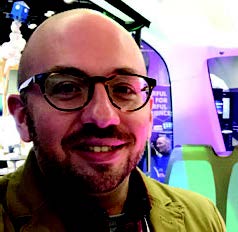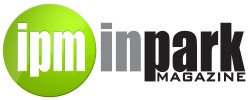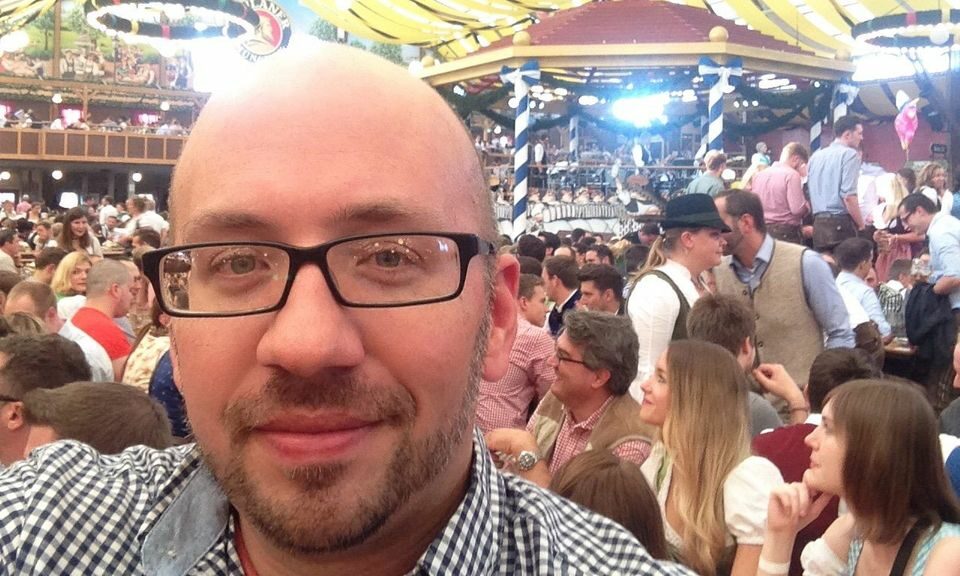Learn what drives the InPark editorial inner circle in the final installment of this four-part series
ABOVE: InPark Publisher Martin Palicki on assignment in Munich.

Joe Kleiman, InPark Magazine news editor
Question from Judith Rubin
Tell us about your adventures in continuing education.
For the past couple of years, I’ve been back in college finishing up a marketing degree. This year’s been quite interesting. The first person to die of Covid in California died at our local University hospital. We were suddenly getting emails from our college that a number of our fellow students worked at that hospital and had come into contact with the patient. They were under voluntary self quarantine at home. Within a month, Covid had spread profusely and our classes were all transitioned online. So my continuing education adventure is now a remote learning adventure.
Our industry associations have had to step up and create online interactive platforms, helping provide continuity as we all look forward to eventual recovery. As humans, we are very sensorial creatures. We react to the environment with our senses – with the sound of a voice, the direct eye contact we have with a live person, smell (perfume, pheromones, the guy in the seat next to you who didn’t shower after using the gym), and touch – at a conference, a handshake with a speaker or hugging a colleague you haven’t seen for months; in school, a student picking up a graded paper. We can’t experience these in chat rooms.
Humans don’t want to go 100% automatic. We need that human contact. It’s why at Home Depot and Safeway, there are staff overseeing the automatic checkout lane. Airlines have live attendants at the ticketing kiosks. McDonald’s has installed thousands of ordering screens at restaurants around the country, yet they keep open a register in the lobby for those who want to order the old-fashioned way. It may not be that we’re naive with the new technology so much as we want to be naive. This is not a new phenomenon. Back in 1982, when EPCOT opened, the touchscreen Worldkey Information kiosks put guests on a video call with a live host to reserve a dining time. Look at the thousands of Disney fans who complain whenever the company closes or “updates” an attraction. People don’t like change. As for schools, COVID has probably accelerated the transition to online learning, but I believe that most classes will end up being hybrid once our campuses reopen. That’s a lot of real estate to leave vacant, especially when students want that human connection.

Judith Rubin, InPark Magazine editor
Question from Martin Palicki
What is the career path that eventually led you to InPark?
I’m an artist who loves literature, music and theater and wove it all into what’s called an art-related career. While earning my BFA at Pratt Institute in the 1980s, I spent my evenings sketching live jazz musicians, usually uptown at The West End, which featured Swing era veterans. I started helping with promotions and even had a show of my drawings there. The club was run by Phil Schaap, a great jazz historian who now curates Jazz at Lincoln Center. I am also an accomplished knitwear designer which led to various retail and publishing jobs and gave me a basis for technical writing. I left New York for the San Francisco area and a job at World’s Fair magazine, published by the late Alfred Heller. There, I honed my editorial skills, sold advertising and took World’s Fair from a scholarly journal to a respected voice and resource in the attractions industry. Eventually I set out as a freelance journalist, editor and publicist. I continued to learn about various overlapping branches of the industry, writing for numerous media outlets and working with multiple industry associations including the Large Format Cinema Association, IMERSA, IAAPA and TEA.
In the startup era I put in a stretch in Silicon Valley with Fujitsu Software Corp., writing documentation and promotions for one of the first online virtual worlds. I found the InPark website in its formative years, reached out to Marty to offer my services and things grew from there. Marty’s one of my best friends. I love brainstorming with him. We make such a good team with complementary interests and skills – he’s got business and layout chops and loves iron rides, I like technology and company culture stories. We keep each other going, we keep the business going. We’re both natural connectors, as is our news editor Joe Kleiman, the other core member of the InPark team.

Martin Palicki, InPark Magazine publisher
Question from Joe Kleiman
How has the pandemic impacted InPark’s coverage of the attractions industry?
I don’t think it has changed dramatically. In the spring of 2020 we started doing more stories about companies stepping up to meet the challenges of the pandemic, both the health impacts and the ramifications to the industry. We are still doing that today, with our typical focus on technology and how our vendor community continues to engineer solutions.






